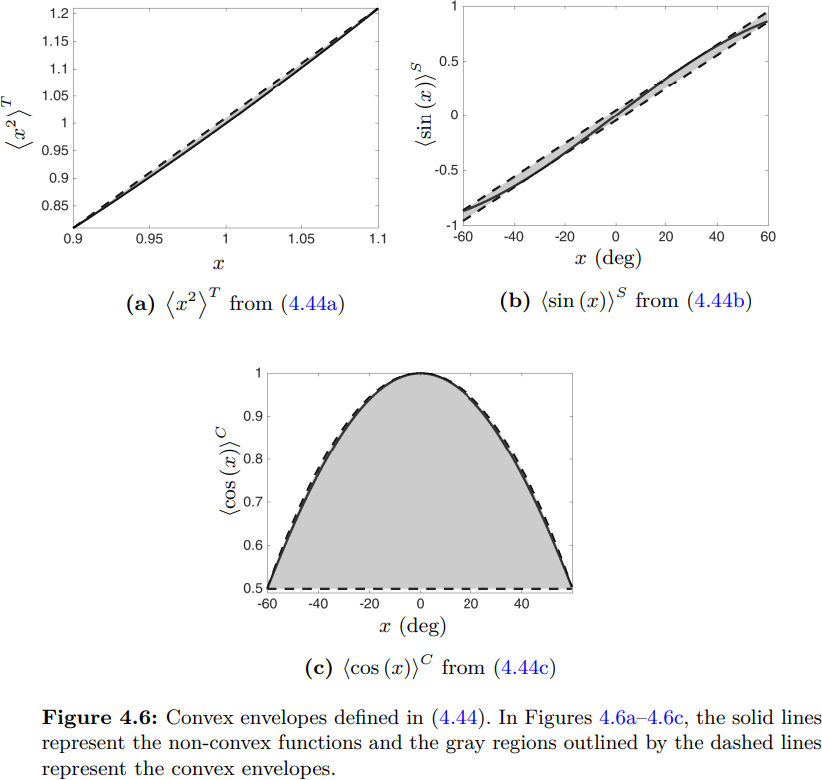Your problem can be approximated as a discrete time forward Euler integration, therefore it can be cast as a linear program. The osqp library will give you C code that will meet your performance constraints.
I have no idea about the RobOptim library.
2022-06-14 Update
You've mentioned that your objective function has sines and cosines. These functions are non-convex, so they cannot be handled well by any non-convex programming library.
However, if you want a fast solver, then using a non-convex optimizer such as the one you link to won't get you there. Though such a solver may still work for your use case, you're leaving a lot of performance on the table. Convex solvers are also guaranteed to find a globally optimal solution which nonconvex solvers do not offer such a guarantee. Therefore, it's worth figuring out if your problem can be modified to make a convex program.
The solution is to build a convex approximation of the sine/cosine functions. This paper surveys several possibilities.
As you can see below, the approximations are quite good!
